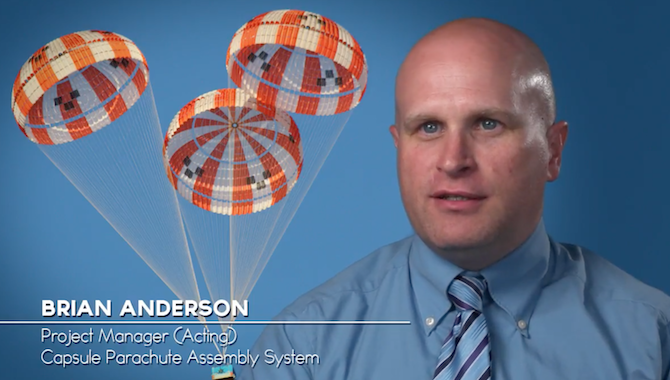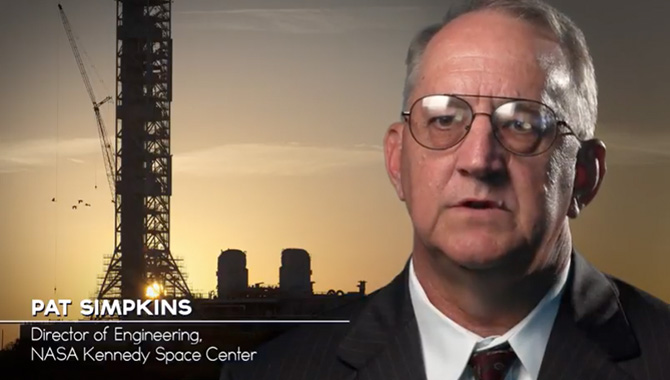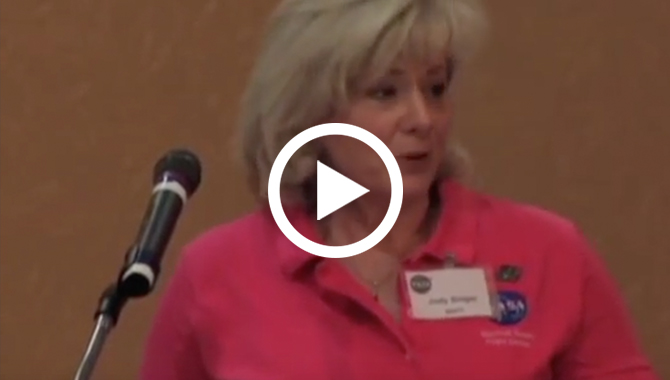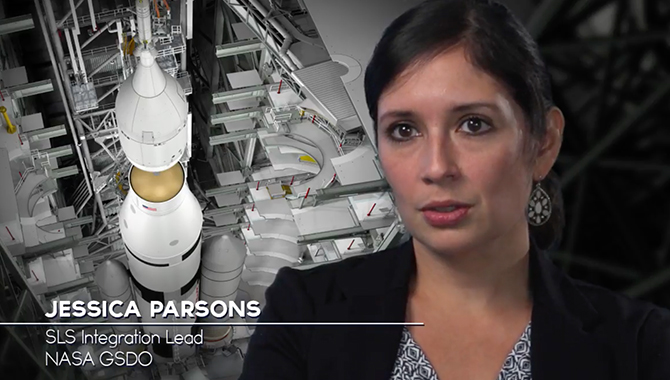At NASA, sharing knowledge between practitioners is a key activity that enables mission success.
Good knowledge sharing can help to trigger innovation and save time and budget. One of the most important products that come from each NASA mission is the vast amount of know-how that is developed. This product is only valuable if it is shared with others to continue to build and improve future missions. There are many different methods that can be used to share a person’s knowledge. Articles, case studies, discussions, entering formal lessons learned, and mentoring are all different techniques used to impart knowledge to people.
During Masters with Masters 34, Joyce Wanhainan, the Bilateral Exchanges and Delivery Manager for Orion Program’s European Service Module Integration Office, and Ann Over, NASA Deputy Manager, European Service Module, shared stories and lessons from their program and project management experiences. They both have had numerous roles in creating organizational bridges between other space organizations across government and private sectors, including the European and French space agencies and NASA’s prime contractor partners.
In the video clip from 29:53- 32:10, Over offers a couple of examples of the value of sharing knowledge during her work.
-
- 1.
Pass knowledge along from your past work to partners. Your knowledge can help to save time and budget for practitioners that are doing similar work and can show them where there may be pitfalls and how to avoid them.
- 2.
Use knowledge management office resources, if they are available at your workplace or center to take advantage of techniques and ideas that will help you to effectively communicate your knowledge to an audience. The knowledge management office might be able to help you facilitate the knowledge sharing process and help you use the right method for your intended audience.
- 3.
Host or attend knowledge sharing workshops. Workshops can be a good tool to share lessons learned from a mission.
- 1.
Related Resources
NASA Masters with Masters Discussion Series Video Playlist









